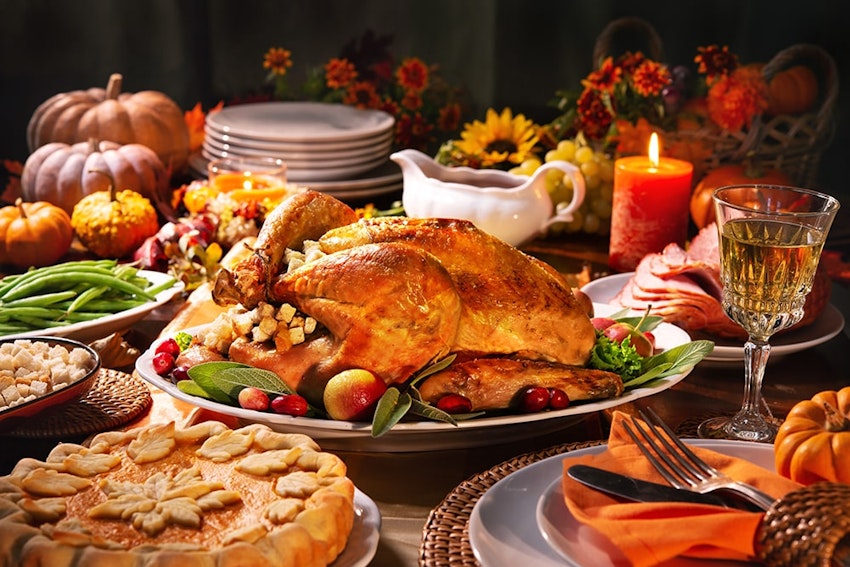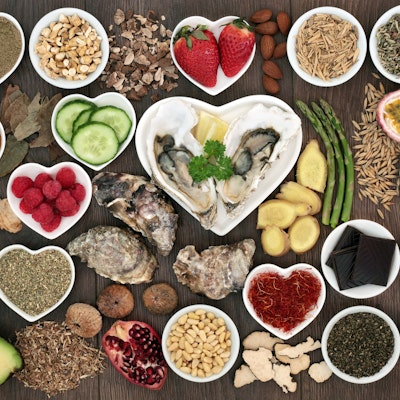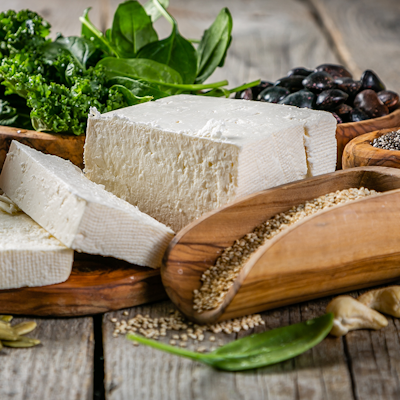10 Tips for an Allergen-safe Christmas

While there’s no denying that Christmas 2020 won’t be what we imagined, many of us are determined for it to remain the most wonderful time of the year. And festive food plays a big part in allowing that to happen.
But for allergy sufferers and those catering to them it can be a season fraught with potential for disaster. Here at Erudus, it’s our goal to make the lives of everyone involved with foodservice easier, so we’ve put together these top tips for avoiding such mishaps, and keeping December as allergy-safe and amazing as possible.
Check advent calendar ingredients
1st December is the day you can finally start indulging in your advent calendar, but allergy sufferers – particularly those with dairy, gluten and nut allergies should have already checked the ingredients and made sure it’s safe for them to eat. For added security, go for allergy-friendly brands such as Moo Free, Plamil and Cocoa Libre.
Plan ahead
This should also be done the rest of the year, but with most restaurants doing special festive menus it’s extra important for allergy sufferers to check ahead of time, plan what you’re going to eat, and call the restaurant to confirm that your allergy will be managed.

Make allergen information as accessible as possible
Christmas is a busy time, and whether takeaway or dining in, the orders come in thick and fast. So it’s critical that you can inform customers about your menu’s allergen information quickly and accurately, to keep things moving. This means fully trained and briefed wait staff, and menus that are clearly labelled with the relevant information.
Using a tool such as the Erudus Recipe Builder can help you with this, pulling together all of a recipe’s allergen and nutritional information together on one, easy-to-reference Recipe Card.

Try an allergy-friendly Christmas dinner
Catering to someone with an allergy on the big day? Check out Erudus’s Allergy-Friendly Christmas Dinner for inspiration. The ultimate guide for those avoiding the 14 Major Food Allergens it covers starters all the way through to desserts (and yes that includes trimmings too).

Be wary of ‘Christmas Tree Syndrome’
As beautiful as they are, more than a third of the UK’s population experience ‘Christmas Tree Syndrome’. This refers to asthma flare-ups and respiratory allergies triggered by pollen and mould on the Christmas tree, and are only made worse by turning the heating up as it encourages the mould to grow faster. Symptoms include an itchy nose, watery eyes, chest pains and coughing. Opting for an artificial tree may be a better option for those sensitive to pollen.

Beware of booze
People drink more at Christmas than any other time of the year, and getting merry means a greater risk of an allergic reaction, because not only does alcohol cloud judgement and generally make people less careful, there are allergens lurking in more boozy beverages than you’d expect. Do your homework by reading our guide to allergens and alcohol.
Help the host
If you’re an allergy sufferer, helping out your host in the kitchen allows you to have some control over your food (as well as being a nice thing to do). That way you can ensure dishes are prepared without allergens, and that there’s no risk of cross-contamination. Going one further and helping plan the menu or shop for ingredients is even better – you can suggest and choose items you know are safe. Otherwise, don’t hesitate to ask your host to save labels from products to reference and provide you peace of mind.

Be prepared when it comes to party snacks
Most festive party treats will contain the likes of wheat, dairy, nuts and soy, so when catering for allergy sufferers it’s prudent to research and identify a few options to have to hand that are safe for those who have to avoid the 14 Major Food Allergens. Make sure these are clearly labelled. And if you’re an allergy sufferer, bring your favourite treat along with you to be on the (literal) safe side.
Keep an open dialogue
One of the biggest dangers for allergy sufferers is people adopting the mindset of ‘a little bit won’t hurt’. Sufferers must always communicate what will happen if you ingest even a tiny bit of a certain allergen to anyone preparing food for them, and those preparing or serving the food must always trust the sufferer knows best about their own allergy and ask any questions they might have as soon as possible.
Study stocking fillers
Luxurious creams, fragrances, lotions and confectionery are perfect gifts and stocking fillers. They’re also an allergen minefield. Gluten can be found in products where vitamin E, tocopherol, oats, hydrolyzed vegetable protein are ingredients. Parabens and certain preservatives can also cause irritation for those with allergies.



